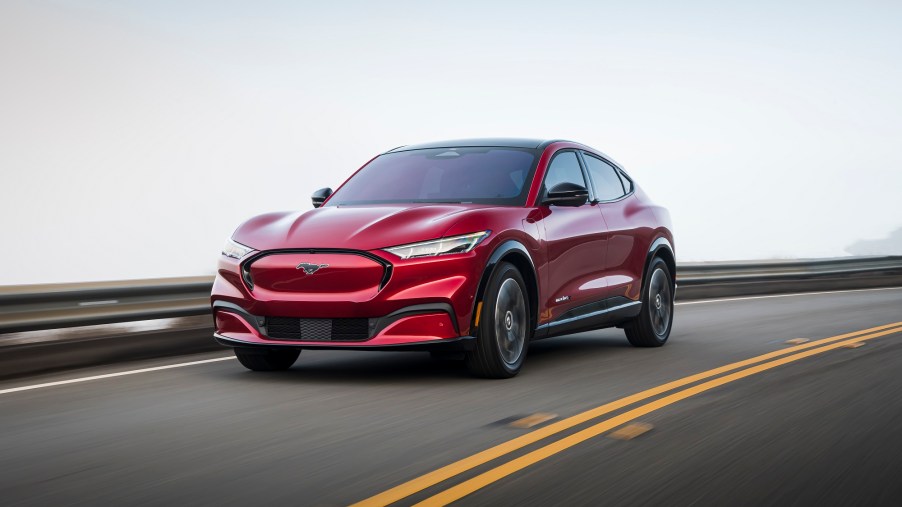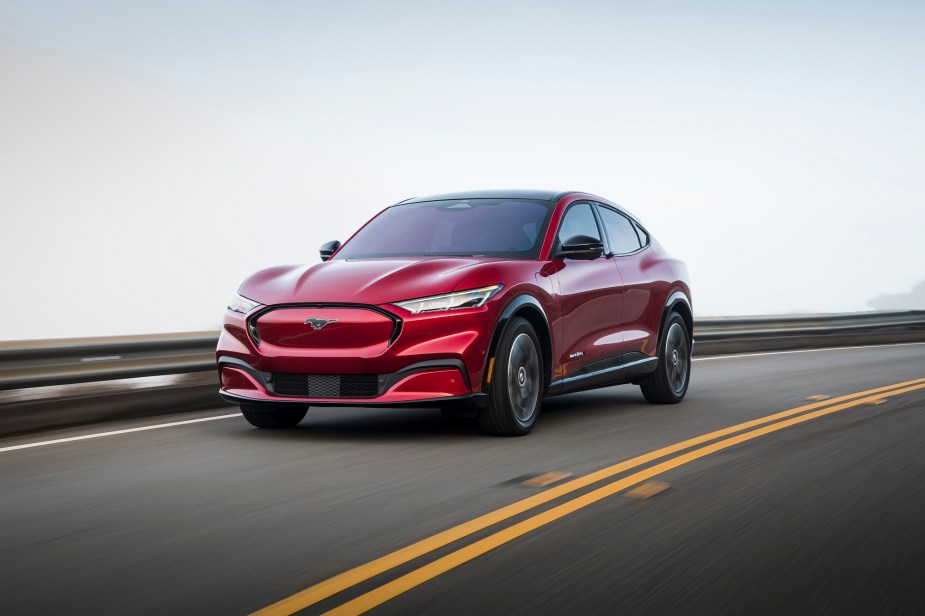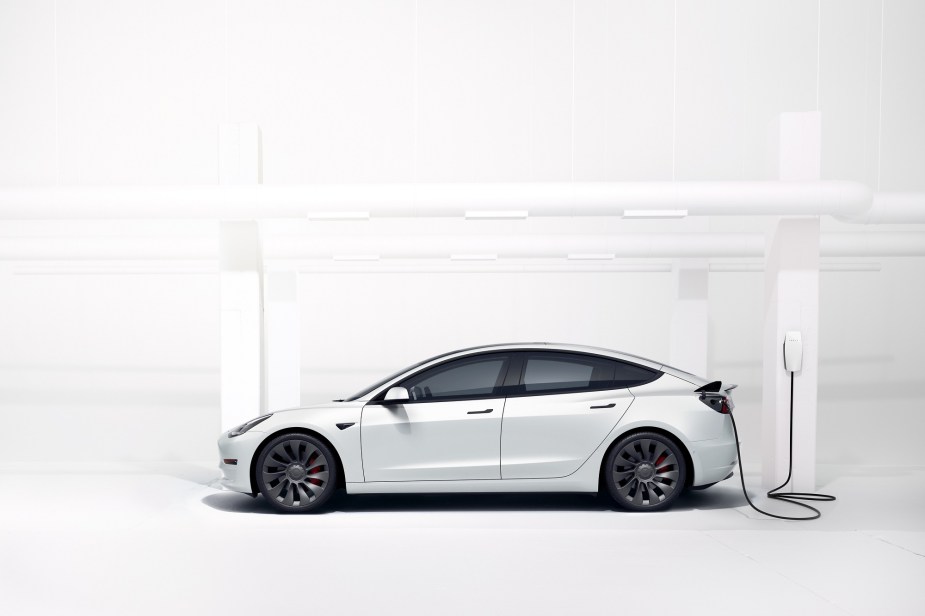
Do Electric Cars Depreciate Faster Than Gas-Powered Cars?
Electric vehicles (EVs) depreciate just like gas-powered cars. There are exceptions to the rule, like collector cars, but most vehicles lose value over time. However, electric cars seem to depreciate a bit more than internal combustion engine (ICE) alternatives. Why do EVs seem to lose value faster than many gas-powered cars?

Do electric cars depreciate faster?
Unfortunately, electric cars depreciate a bit faster than gas-powered cars. The most significant vehicle depreciation typically occurs after purchase and within the first three years. According to an iSeeCars study, EV owners can expect 52 percent depreciation in the first three years. However, ICE sedans will depreciate 39.1 percent in that same amount of time, SUVs will drop 39.7 percent, and trucks will depreciate 34.3 percent.
Why do electric cars depreciate quickly?
Due to government incentives, battery replacement fears, and demand inconsistencies, electric cars lose value. You read that right; the government incentives that most buyers put in their ‘pro’ column are shedding EV value. According to CleanTechnica, incentives knock values down at the time of purchase, and paired with depreciation, the cars are worth considerably less for resale.

Next, range and maintenance concerns keep consumers from wanting an EV. However, the sad truth is that electric cars are shaping up to be more reliable than comparable ICE vehicles. With few moving parts and no regular fluid change requirements, the cars are less prone to wear and tear.
Finally, except for a handful of EVs, demand isn’t at the level of popular gas-powered vehicles. As a result, electric cars depreciate commensurately with the lack of overall popularity. However, that is rapidly changing globally.
Do electric cars have good resale value?
EVs have better resale than they once did, but it is still not up to ICE car standards. For example, CleanTechnica reports that a 2011 Nissan LEAF depreciated 89 percent in the first five years. That’s right; a 2011 Nissan LEAF was worth just 11 percent of its original value over time. There are, however, a couple of exceptions to the rule of electric cars depreciating.
Which EVs hold value?
Tesla EVs hold more value than the electric car industry standard. According to iSeeCars, Tesla’s entry-level Model 3 depreciates a mere 10.2 percent after the first three years. However, Tesla’s flagship sedan, the Model S, depreciated 36.3 percent in the first three years. That is just shy of the industry average for gas-powered sedans, 39.1 percent.
Should you avoid EVs?
Electric cars and alternatively powered vehicles, like fuel cell electric vehicles, are the future. While the technology doesn’t have anywhere near the tenure that ICE vehicles have, it is progressing quickly. Cities and communities are opening up to EV charging infrastructure, and many states offer incentives. While those incentives may be part of why electric cars depreciate, it is helpful for used car shoppers.
Furthermore, companies like Tesla and Lucid are challenging the perceptions of EV ownership. As vehicles from these companies and their competition gain popularity, the EV depreciation will likely stabilize. According to Gear and Cylinder, EVs need demand, and demand comes with popularity.
If you live in a conducive manner to electric car ownership, don’t be afraid to give it a try. Scroll down to the following article to read about cars with excellent resale value!
RELATED: Tesla Model 3 Could Shock You With Its Resale Value



